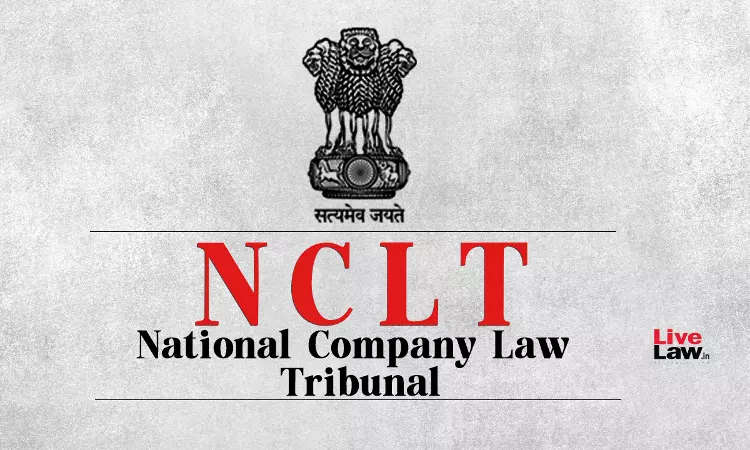Preferential Transaction Under Section 43 Of IBC, Fraudulent Intent Need Not To Be Proved : NCLT Mumbai
Rajesh Kumar
7 Jun 2024 8:30 PM IST

Next Story
7 Jun 2024 8:30 PM IST
The National Company Law Tribunal Mumbai Bench-I of Justice Shri V.G. Bisht and Prabhat Kumar has held that there is no need for any fraudulent intent for a preferential transaction under Section 43 of the Insolvency and Bankruptcy Code, 2016. The bench held that: “…….Corporate Debtor has paid the amount towards the antecedent debt during the look-back period to the...
